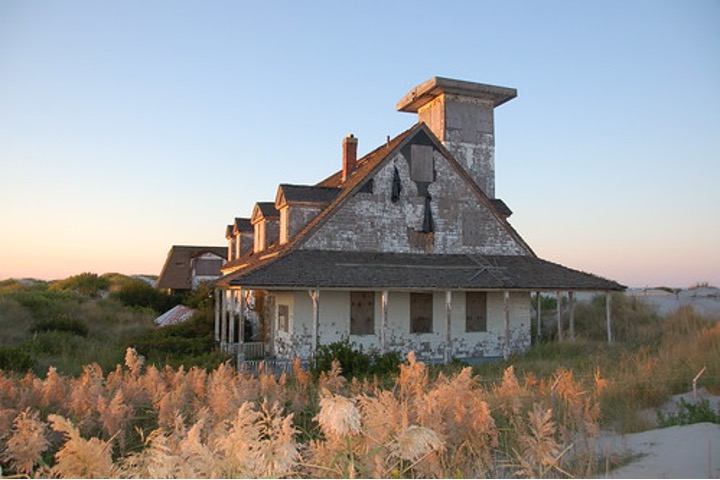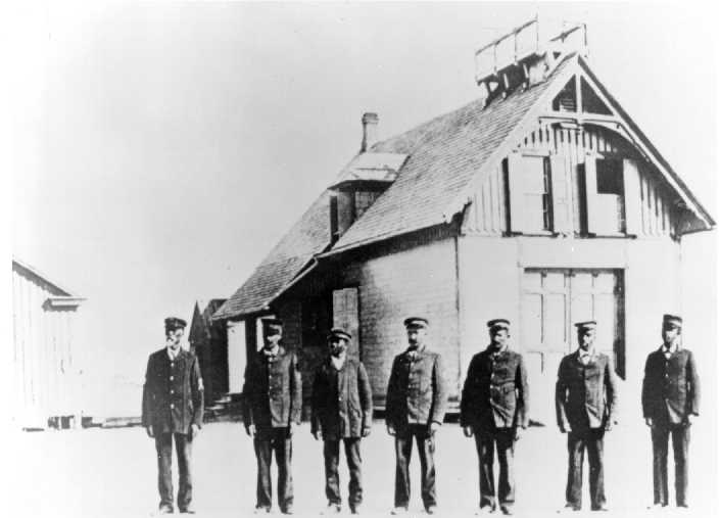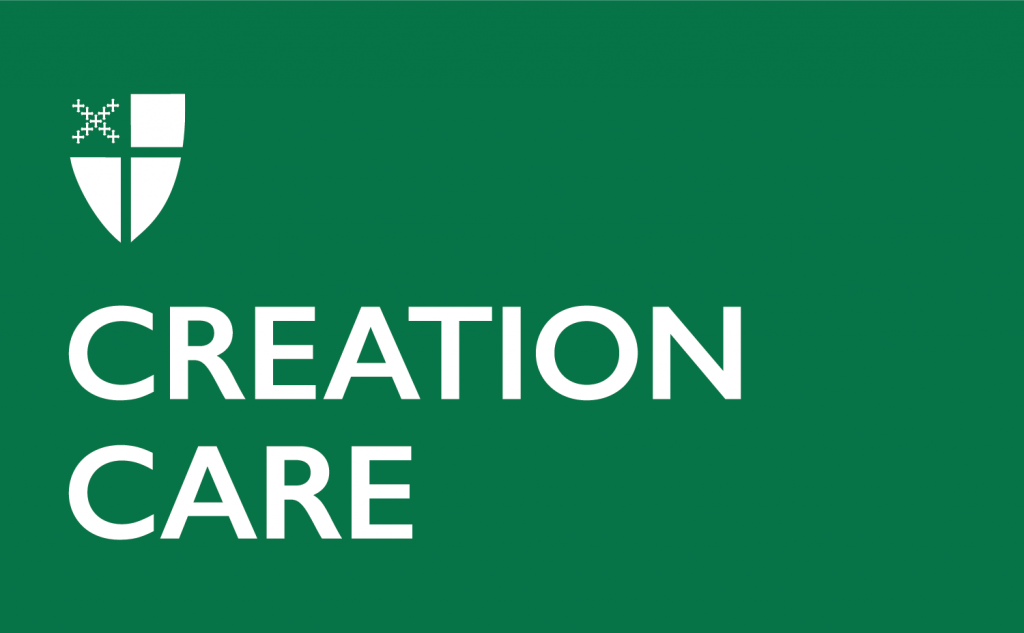Freedom Flows Along the Coasts: Environmental History is Black History
By the Rev. Melanie Mullen
This month, we honor Black History Month by sharing stories about African American history in creation care and the significant intersection of racial and environmental justice that models and adds contours to our experience of faithful, ethical practices.

Barrier islands constitute 10% of the world’s coastlines, and representative is Hatteras Island on the United States East Coast. The northern part of Hatteras, commonly known as Pea Island, is home to the National Seashore and the Pea Island National Wildlife Refuge, managed by the U.S. Fish and Wildlife Service. Yet the conservation work would not have been possible without the Black soldiers, who freed themselves from slavery and became some of the first protectors of coastal ecosystems.
Enslaved African Americans who ran away and joined the Union Army in the 1860s became a military regiment protecting coastal lands in northeastern North Carolina. They became lighthouse keepers and early habitat builders, shaping the island’s access.
During the Civil War, the Union controlled Hatteras Island, which became a place of refuge for African Americans fleeing slavery in pursuit of their freedom. The Union Army established in 1863 the Hotel D’Afrique, a haven for African Americans who had escaped slavery. As word spread and more people came to the island, the Union Army gave the freedmen work unloading supplies from the ships that sailed to the island. This haven was the predecessor to the Freedmen’s Colony established.
Thirteen years after the Civil War ended, the first all-African-American lifesaving service in the United States was established on Pea Island, which resulted in hundreds of lives saved in its nearly 70 years of existence.
It was first led by Capt. Richard Etheridge, who was born into slavery on Roanoke Island in 1842. At the onset of the Civil War, Etheridge left Roanoke Island to fight for the Union and joined the Army’s 36th Colored Troops after President Abraham Lincoln issued the Emancipation Proclamation. Etheridge had risen to commissary sergeant by the war’s end. At the same time, his family and friends lived in the Freedmen’s Colony and advocated for more roles for African Americans in the burgeoning federal employment communities.

In 1866, Etheridge returned to Roanoke Island along with members of the decommissioned Freedmen’s Colony and became the first in a long line of employees in the new United States Lifesaving Service at the Bodie Island Lifesaving Station.
Descendants of those freedpersons credit their early employment successes for the decades of subsequent achievements by generations in the Coast Guard, the National Park Service, and elsewhere in public service, including elected offices, on the Outer Banks.
The ecological and historical narrative in the barrier islands tells a profound truth about the parklands in the community. The local parks are significant for their right relationship with the legacy of enslavement and segregation. To this day, many of the island’s Black community live within walking distance of the state wildlife reserves and the historic Freedmen’s Colony, which birthed infrastructures that support protection institutions.
Through a right relationship with history, the community in conservation looks like mostly unknown courageous Black men and women who, as enslaved people, tended lighthouses on the Carolina coast. We enjoy public wildland resources today thanks to the legacy of this liberating community that worked tirelessly for freedom.
The Rev. Melanie Mullen is the director for Reconciliation, Justice, and Creation Care for The Episcopal Church. She lives in the Episcopal Diocese of Washington, D.C.

